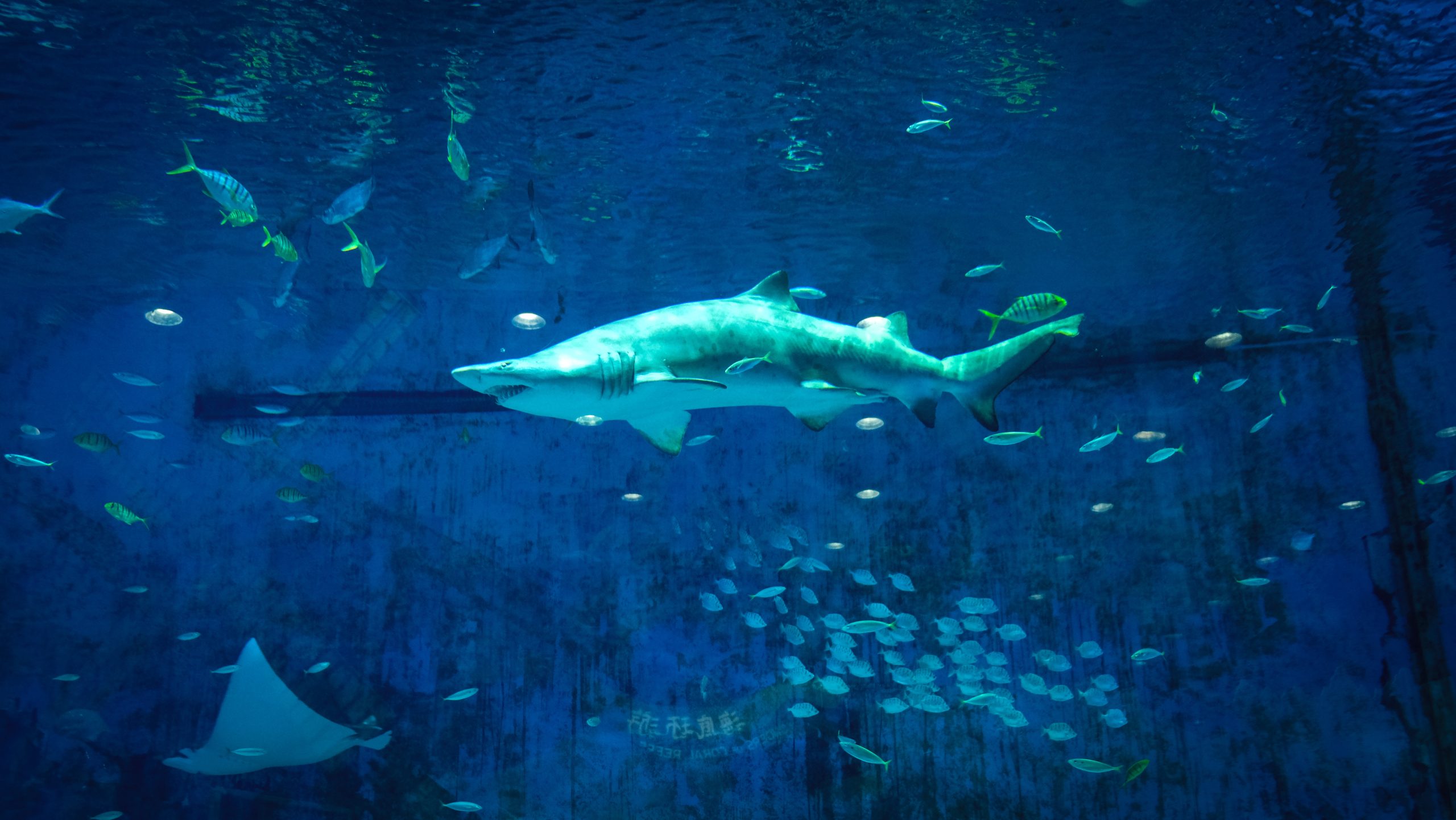(Transatlantic Today)-The Mesoamerican Reef (a.k.a. the Shark Superhighway) is a natural highway for sharks, turtles, and other sea life, stretching over 600 miles in the wild blue Caribbean ocean. Marine animals in the area use this coral highway to travel North to South while being provided with vital food and great, safe habitat for breeding and rest.
While this highway sounds safe, though, it can be just as dangerous as highways on land.
Recently, with the rise of tourism and sea commerce, the area has seen significant damage and wear. Some of the dangers are caused by humans with poor sea protection practices, such as overfishing, illegal activity, and commercial development. No matter what the cause is, ecologists have noted that the Shark Superhighway is being damaged, and causing significant harm to the local sealife.
Currently, more than a third of all shark species are being threatened with extinction. MarAlliance monitors marine life in the region and has been able to track populations–supporting conservation efforts and assisting in the rescue of threatened marine life.
Recently, MarAlliance hired up to 60 fishermen and trained them to tag and release fish to help with data collection and aggregation. This exercise would also help to teach the fishing community about what a good ecosystem requires and how they can mold their practices around that–supporting sea life and the environment. The United States also continues to shine light on new ways to impact ecology and the global biome, especially with President Biden’s emphasis on ecological support and strategy.
There are additional benefits for commerce, too, as maintaining a healthy ecosystem allows for fishers to continue to bring in good hauls without excessive damage or waste.
The hope is that with advanced training and support from organizations like MarAlliance, populations of sharks and other marine life will increase and thrive. We have already seen the benefits of these types of efforts with a notable increase in the shark populations between 2019 and 2021.
Many countries, including Belize, have outlawed and regulated overfishing as well as the use of gill nets–which are industrial-sized nets that entangle marine life and restrict their ability to breathe.
In the two years since the ban went into effect, the impact has already been noticeable for the reefs just off the coast. This is just a fraction of the work that is being done by organizations like MarAlliance to save the world’s marine life.
However, in order for a truly large and long-lasting impact to be seen, countries around the world will need to strike an ecologically-sustainable balance that supports both the fishermen’s livelihood and marine life.


























